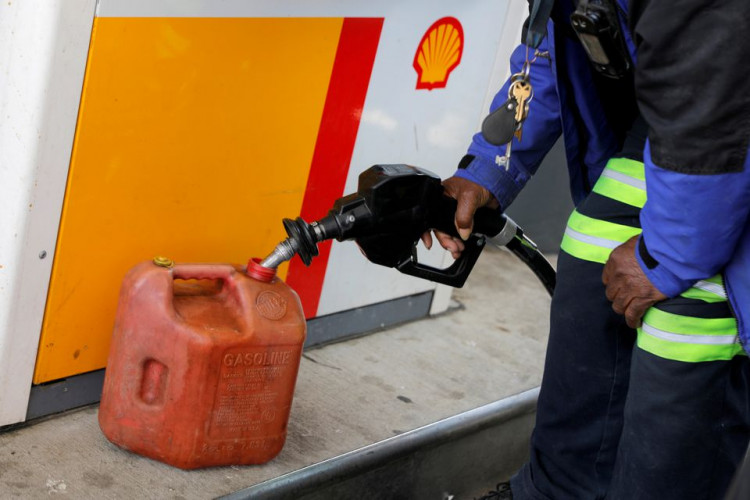As a result of ongoing setbacks in the prospective return of Iranian petroleum to global markets, oil prices have risen to their highest level since 2008.
On Sunday, talks to restore the Islamic Republic's 2015 nuclear deal with world powers came to a halt as Russia wanted a guarantee from the US that sanctions imposed over the Ukraine crisis would not adversely affect its trade with Tehran.
According to insiders, China has also made additional demands.
In response to Russia's demands, U.S. Secretary of State Antony Blinken stated on Sunday that the sanctions imposed on Russia for its invasion of Ukraine had no bearing on a possible nuclear deal with Iran.
Meanwhile, the U.S. and its European allies are considering a ban on Russian oil imports, according to Blinken, and the White House is working with key Congressional committees on their own restriction.
By 6:50 p.m. EST (2350 GMT), Brent crude had risen $11.67, or 9.9%, to $129.78 a barrel, while WTI crude had risen $10.83, or 9.4%, to $126.51, putting both contracts on course for their largest daily percentage gains since May 2020.
Both benchmarks surged to their highest levels since July 2008 in the opening few minutes of trading on Sunday, with Brent at $139.13 a barrel and WTI at $130.50.
Brent and WTI reached their all-time highs in July 2008, with Brent at $147.50 per barrel and WTI at $147.27 per barrel.
In the first few minutes after the market opened on Sunday, U.S. gasoline and distillate futures rose to record highs, following the increase in crude prices.
"The market's only significant bearish reason was Iran, but if the Iranian accord is delayed further, we could see tank bottoms much sooner, especially if Russian barrels remain off the market for an extended period," said Amrita Sen, co-founder of the think tank Energy Aspects.
JP Morgan analysts predicted this week that oil may hit $185 per barrel this year.
"The goal was not to prohibit oil and gas because of their essential character," said Daniel Yergin, author and vice chairman of S&P Global, ahead of the CERAWeek conference in Houston.
"But oil is getting sanctioned by private players not wanting to pick it up or ports not wanting to receive it," Yergin said.
Russia exports more than 7 million barrels per day (bpd) of oil and processed products, accounting for about 7% of world production.
Kazakhstan's oil shipments from Russian ports have also been hampered in several ways.






